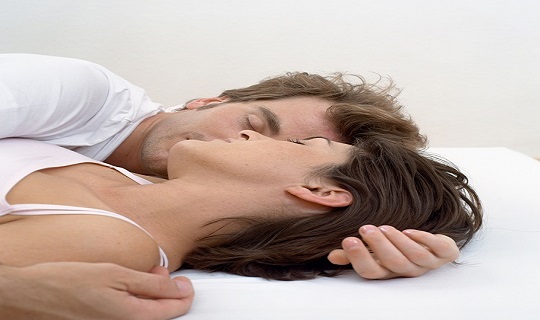There has been much discussion in recent weeks about sleep apnoea since John Cleese tweeted a photograph to see if he suffered from the condition. The image showed Cleese covered in wires as part of an experiment to check whether he had the condition. So, what exactly is sleep apnoea?
The NHS describes the condition as one that ‘causes interrupted breathing during sleep‘, with two types of breathing interruption:
- apnoea – the muscles and soft tissues in the throat relax and collapse sufficiently to cause a total blockage of the airway; it is called an apnoea when the airflow is blocked for 10 seconds or more
- hypopnoea – a partial blockage of the airway that results in an airflow reduction of greater than 50% for 10 seconds or more
Diagnosing the condition
There are many different ways of assessing whether someone has sleep apnoea. People may complain of excessive daytime sleepiness, accompanied by irritability and restlessness. More often than not though, it is usually a partner or someone else who recognises the symptoms before the person does. The British Snoring & Sleep Apnoea Association has identified common symptoms, which include:
- Extremely loud heavy snoring, often interrupted by pauses and gasps
- Excessive daytime sleepiness, e.g., falling asleep at work, whilst driving, during conversation or when watching TV. (This should not be confused with excessive tiredness with which we all suffer from time to time)
- Irritability, short temper
- Morning headaches
- Forgetfulness
- Changes in mood or behaviour
- Anxiety or depression
A person with OSA will usually have no memory of breathlessness, so they are often unaware that they are not getting a proper night’s sleep. More often than not, it is a partner or someone else who recognises the symptoms before the person does.
Treating Sleep Apnoea
Fortunately Obstructive Sleep Apnoea is treatable with a variety of treatment options available to help reduce the symptoms. Making changes to one’s lifestyle, such as losing weight, stopping smoking or cutting down on alcohol , can often help mild cases of sleep apnoea. Sleeping on your side, rather than on your back, may also help to relieve the symptoms of OSA. Other environmental changes include reducing the amount of light and noise in your bedroom, avoid watching TV or using electronic devices in the bedroom, and building in some time to relax before going to bed. Of course, it’s important that you are sleeping on the right bed and mattress are providing you with the right comfort and support levels. If you’re not sure if your bed comes up to scratch, take the Bed MOT to find out. For those that experience a more severe condition, breathing apparatus while sleeping may be used.
What to do next
At Dalzell’s of Markethill we want to make sure that you are getting a great night’s sleep. For us that starts with the right bed and mattress so that you get the the maximum benefit from your sleeping environment. Visit in-store today at Dalzells, your local Bedding Experts in N. Ireland. Located in Markethill, with plenty of free on-street parking and just off the A28 between Armagh and Newry, we’re a short 15 minute drive from Portadown, 20 minutes from Dungannon and Banbridge. You can of course always place your order and gain expert advice from our experienced team over the phone on 028 3755 1260 or even by Email. Whatever way you shop with us you can be assured of A Great Deal and Expert Advice. What’s more we offer a Free Delivery and Free Collection and Recycling of Your Old Bed Service across Northern Ireland and Counties Louth, Monaghan and Dublin, with competitive rates across the rest of the UK and Ireland.









